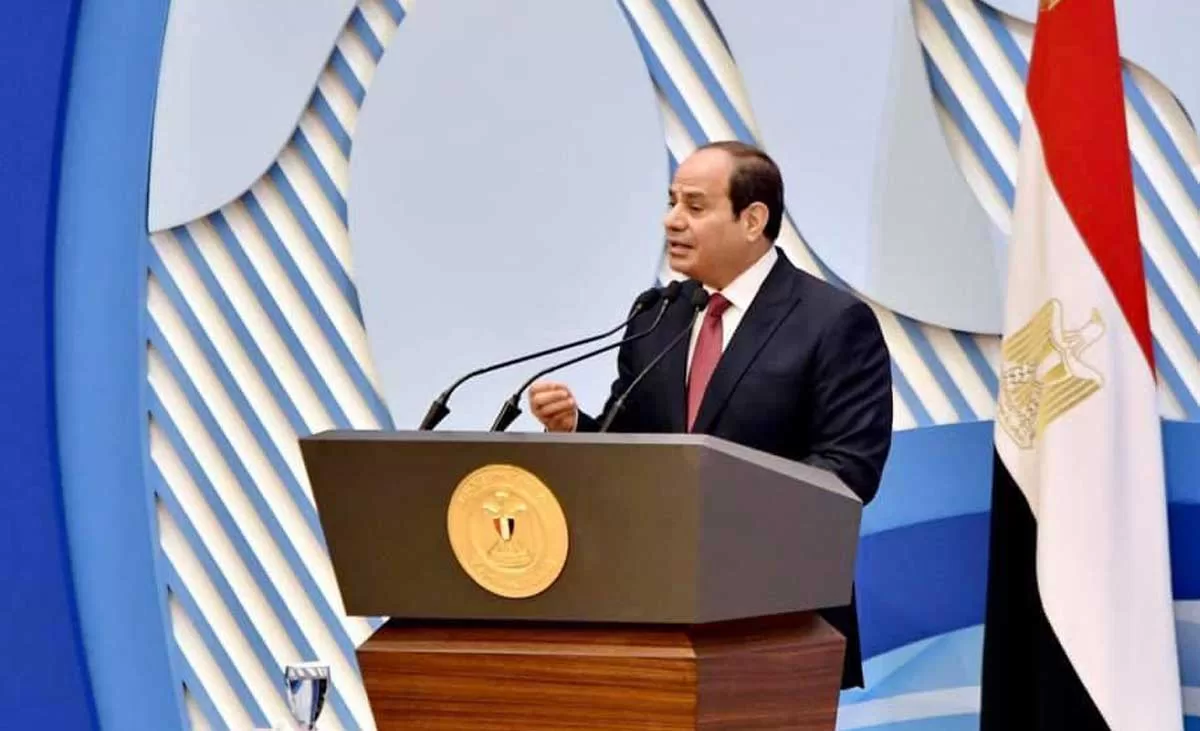Egypt views Ethiopia’s Grand Ethiopian Renaissance Dam (GERD) as an existential threat due to its reliance on the Nile River’s waters. With construction nearing completion on the massive hydropower project, Egypt fears its control over downstream flows will diminish. With negotiations stalled, Egypt has signaled it will take any steps necessary to curb Ethiopia’s use of the Blue Nile’s waters. By strengthening ties with Somalia through a new security partnership, Egypt appears to be opening up a new front in its shadow war against Ethiopia’s growing influence.
However, opening this Pandora’s box risks severe unintended consequences across the unstable Horn. Somalia remains embroiled in a low-level civil war against Al Shabaab militants, who continue to carry out attacks despite losing territorial control.
There is legitimate concern any arms or aid sent from Egypt could end up in terrorist hands instead of the ineffective Somali government. This could empower Al Shabaab to wreak even more havoc within Somalia and across its borders. The 2013 Westgate Mall attack in Kenya, which killed over 60 people, shows the group’s reach. Replaying such tragedies would inflict further human suffering and destabilize the entire region.
Ethiopia, for its part, has contributed enormously to stability through its role leading the African Union peacekeeping mission in Somalia since 2007. Over 140,000 Ethiopian troops have helped roll back Al Shabaab and create space for Somalia’s fledgling government to function.
But Ethiopia cannot continue shouldering this massive burden alone, especially with its resources already stretched thinly across internal security threats and development needs. If drawn into open conflict by Egypt, Ethiopia may be forced to reduce or withdraw support, creating a dangerous power vacuum in Somalia. This could also disrupt ongoing US-backed efforts to rebuild the Somali state.
The Egypt-Somalia military pact also risks inflaming tensions with Somaliland, whose autonomous yet unrecognized government has grown increasingly frustrated over Mogadishu’s claims of sovereignty over its territory. Such volatility would deter outside trade and investment partners crucial for development across the wider Horn region.
Rather than exacerbating conflicts through military brinkmanship, all sides must pursue cooperative, good-faith diplomacy. Egypt’s water security only deserves constructive engagement from Ethiopia and upstream nations. But destabilizing actions will only breed further destabilization with severe human costs. Ethiopia’s legitimate development and energy needs for its over 100 million citizens must also be respected. An equitable, comprehensive agreement on Blue Nile usage and dam operation remains the best path forward.
The United States, European Union, African Union, and United Nations should help broker confidence-building measures between competing Horn nations. All countries must be willing to compromise rather than issue provocative threats. Meanwhile, Somalia’s neighbors like Ethiopia and regional bloc IGAD must remain committed to the task of rebuilding Somalia from within—not through foreign interference that risks making the situation infinitely worse.
With goodwill and flexibility on all sides, the first step is mutual withdrawal from acts of destabilization that threaten to set the Horn of Africa alight once more. The region has seen too much conflict, and its people aspire primarily to lives of prosperity, safety and self-determination—goals which regional cooperation, not competition, best serve. Diplomacy must prevail before geopolitical power plays plunge the Horn back into an abyss of chaos and bloodshed from which it has only barely emerged. The alternative is too frightening to contemplate.
